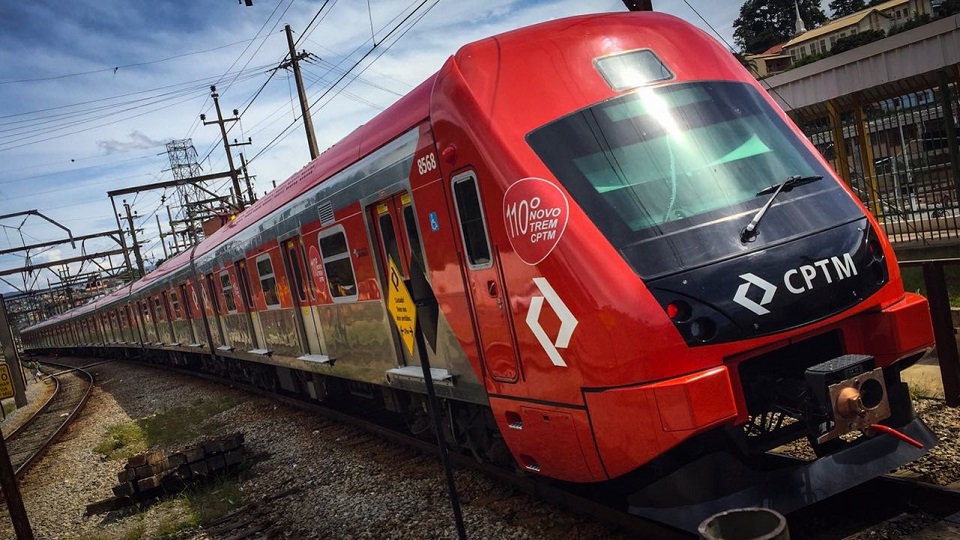816 results found
Featured results



More results
G20 finance ministers and central bank governors developed a set of leading practices to promote and prioritize quality infrastructure investment.

The PPP Screening Tools is for preliminary screening of projects to determine their potential suitability for PPP procurement.

This Guidance note provides a set of selected voluntary policy recommendations that seek to help governments in tackling challenges related to mobilising private financing for infrastructure and SMEs.

This certification program aims to enhance PPP performance globally. Individuals awarded the Certified PPP Professional (CP3P) credential demonstrate to peers that their abilities align with global PPP good practices.

The purpose of these principles is to help government work with private sector partners to finance and bring to fruition projects in areas of vital economic importance, such as transport, water and power supply and telecommunications.

PPP online courses provide an understanding of the key principles of PPPs and the role of PPPs in the delivery of infrastructure services, particularly in emerging markets.

sustainABLE is a free online platform modelled on research jointly published by UNOPS and the University of Oxford-led Infrastructure Transitions Research Consortium. The extensive research explored the critical role of infrastructure in achieving the SDGs. The tool aims to advance the SDGs by promoting practical measures that encourage project sustainability across a broad range of sectors.

This paper provides reflections and considerations as to how MDBs including the IDB can use the Project Preparation Facilities (PPFs) to help countries fill the infrastructure gap by improving the quality of projects, reducing and mitigating risks, and leveraging private financing.

The Navigator – a web-based platform – helps project teams, public authorities and financiers to find the right sustainable infrastructure tool from amongst 50+ rating systems, high-level principles and guidelines.


This handbook synthesises and disseminates knowledge to inform the planning, implementation, and operations of urban rail projects.


Globally, governments are accountable for the development of infrastructure and the delivery of basic services in an affordable and inclusive manner. The ability of governments to nurture a conducive enabling environment for infrastructure investment has often been found to be a key differentiator between countries that successfully scale up infrastructure and those that face challenges in doing so.
The Global Infrastructure Hub (GI Hub) is pleased to announce the appointment of Marie Lam-Frendo as its new CEO, effective 28 January 2019.
The Infrastructure Knowledge Exchange (IKE) is Global infrastructure Hubs' (GI Hub) database of categorised infrastructure resources. The tool has been created to help Infrastructure professionals globally, to easily find resources that pertain to infrastructure tools, data, publications, organisations, reports and, news.
The PPP Contract Management Tool provides public sector officials with practical guidance and case studies, so that those responsible for managing contracts after financial close are better able to ensure project objectives and value for money.


ndustry 4.0 can be characterized by the integration of autonomous robots and machinery and other smart technologies. It is a move toward smart technology in manufacturing with a focus on connectivity.



For this year’s edition, we reached out to more than 10,000 people in 10 major global cities to ask about their everyday experiences with infrastructure services. How satisfied and safe do they feel with their roads and bridges, rail services and utilities? How engaged are they in the decision-making processes for new projects that can improve lifestyles and drive new economic growth?


Tackling the global infrastructure gap remains a priority for governments to drive inclusive growth and deliver quality infrastructure projects for their citizens.





A practical guide for governments, informed by a country-lens review of leading practices


The goal of this paper is to estimate the additional annual spending required for meaningful progress on the SDGs in these areas. Our estimates refer to additional spending in 2030, relative to a baseline of current spending to GDP in these sectors.





 Project Preparation Tool
Project Preparation Tool



